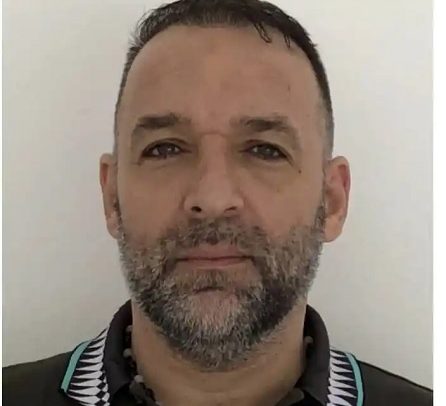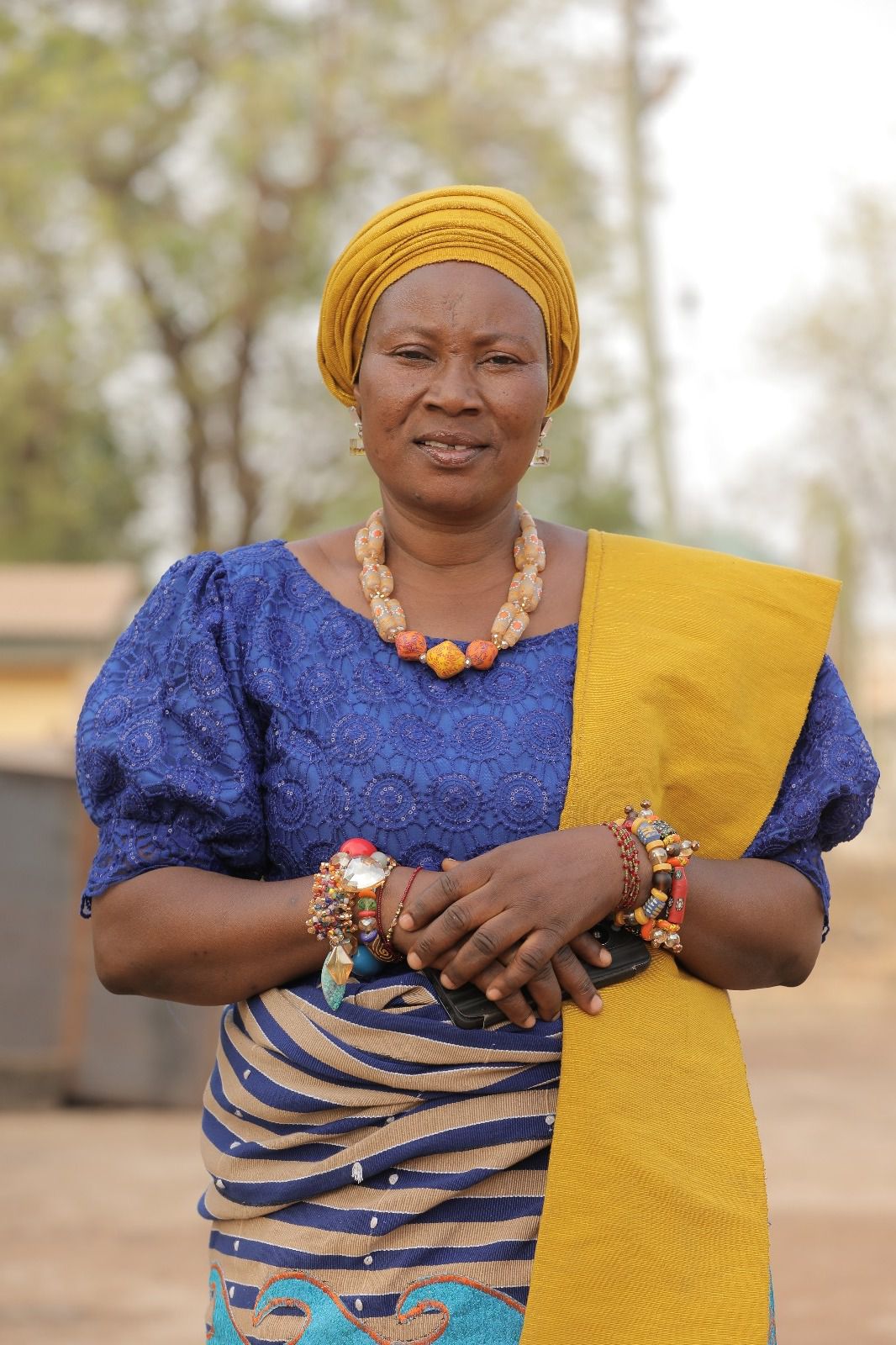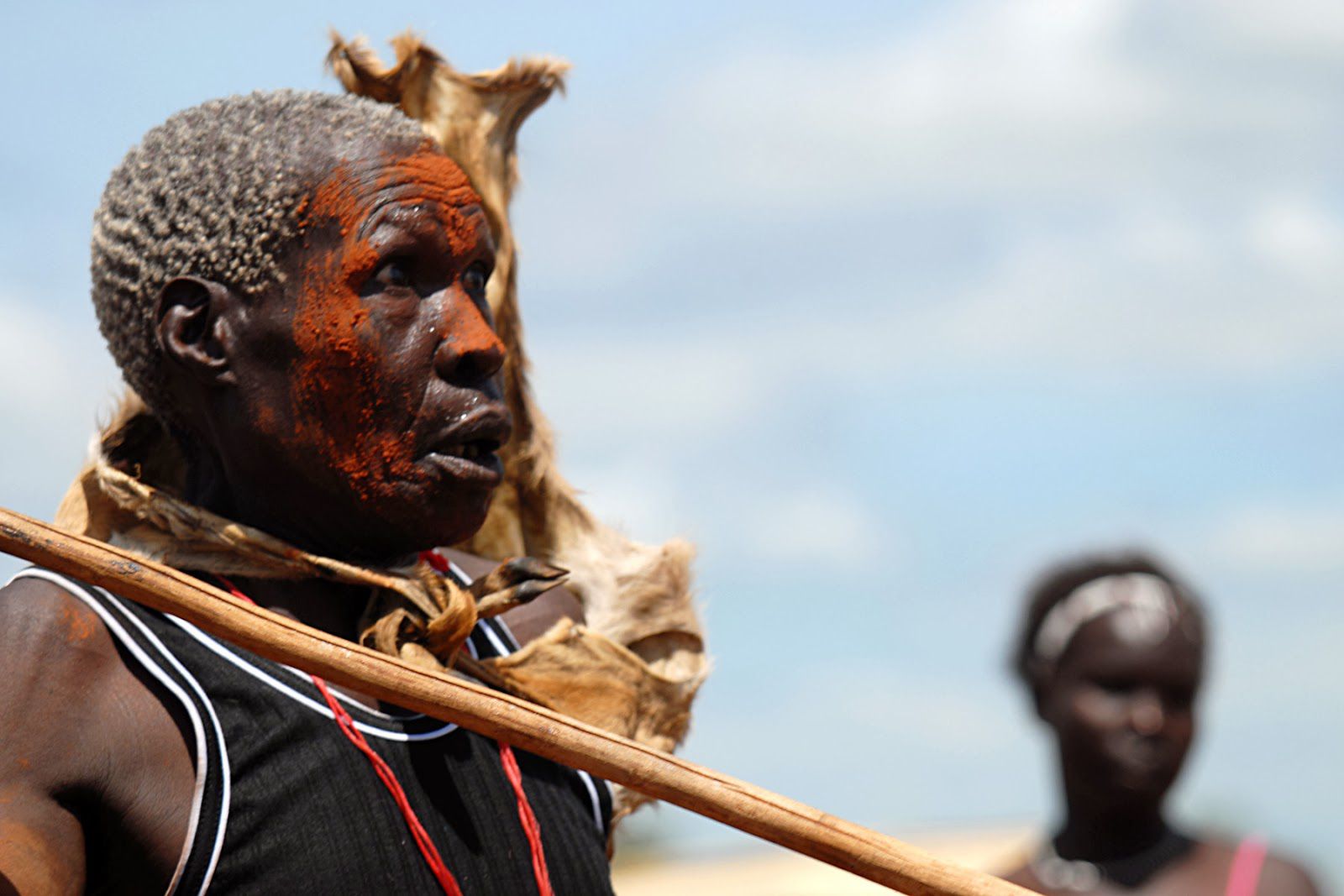
New Delhi, India – Nine-year-old Ridhima Pandey filed a petition against the Indian government last week, asserting that the Indian government has failed to fulfill its duties to her and the Indian people to mitigate climate change. The case includes allegations based on India’s Constitution, the Public Trust Doctrine, Intergenerational Equity, but also alleges the non-implementation of four environmental laws dating as far back as 1980, has contributed to the adverse impacts of climate change across India.
 Environmental attorneys Ritwick Dutta, Rahul Choudhary, and Meera Gopal filed the petition in the National Green Tribunal (NGT), a specialized court established in 2010 that hears only environmental cases. The filing coincided with the World Conference on Environment—2017, co-sponsored by the NGT and the Ministry of Environment, Forestry, and Climate Change.
Environmental attorneys Ritwick Dutta, Rahul Choudhary, and Meera Gopal filed the petition in the National Green Tribunal (NGT), a specialized court established in 2010 that hears only environmental cases. The filing coincided with the World Conference on Environment—2017, co-sponsored by the NGT and the Ministry of Environment, Forestry, and Climate Change.
The petition was brought against the Indian Government, through India’s Ministry of Environment, Forestry, and Climate Change, and the Central Pollution Control Board of India. Pandey claims that India—the third largest greenhouse gas emitter in the world—is failing to meet its emission reduction policies and standards it has set for itself.
Youth Petitioner Ridhima Pandey said:
“My government has failed to take steps to regulate and reduce greenhouse gas emissions, which are causing extreme climate conditions. This will impact both me and future generations. My country has huge potential to reduce the use of fossil fuels, and because of the government’s inaction I approached the NGT.”
The petition details climate change’s catastrophic impacts on Indian lives, both now and in the future. These impacts include the growing number of climate refugees, increased harms to human health, lower agricultural yields, severe droughts, extreme weather events, sea level rise, and reduced availability of fresh water. The consequences of climate change impact not only Pandey and all young people and future generations, but millions of vulnerable Indians who need their government to take dramatic steps to preserve the atmosphere and stabilize the climate.
In her petition, Pandey asks the Tribunal to order the government of India to prepare a carbon budget and national climate recovery plan to ensure that India does its share to reduce atmospheric CO2 to below 350 parts per million (ppm) by 2100, the scientific prescription for achieving global climate stabilization. Pandey’s petition asks for a national climate recovery plan would include priority actions aimed at reducing GHG emissions by transitioning away from the development and use of fossil fuels; protecting forests, peatlands, grasslands, soil, mangroves, and other natural resources that store carbon; and engaging in massive reforestation and other methods of natural carbon sequestration such as improved agricultural and forestry practices.
Rahul Choudhary, attorney for Pandey, said:
“Children in India are now aware about the issues of climate change and its impact. The Indian Constitution says that it is ‘the duty of every citizen of India . . . to protect and improve the natural environment including forests, lakes, rivers and wildlife, and to have compassion for living creatures. Ms. Pandey is a compassionate child who is fulfilling her duty as a citizen of India. She is simply asking her government to fulfill its own duty to protect the vital natural resources on which she and future generations depend on for survival. Under the Public Trust Doctrine, the Indian Supreme Court has recognized every person’s right to use these resources in a way that secures their long-term enjoyment by future generations.”
Julia Olson, executive director of Our Children’s Trust and lead counsel in Juliana v. U.S., an analogous lawsuit brought by 21 young people against the United States government said:
“This climate petition is evidence of a global movement of youth rising up and taking their governments to court to seek protection of their fundamental rights to a stable climate system and demand science-based climate action.”
Included in the international precedents cited in Pandey’s petition was a November 10, 2016 decision in Juliana, issued by U.S. District Court Ann Aiken, allowing the case to move forward. The quoted passage:
“Exercising my ‘reasoned judgment,’ I have no doubt that the right to a climate system capable of sustaining human life is fundamental to a free and ordered society. . . . a stable climate system is quite literally the foundation ‘of society, without which there would be neither civilization nor progress.’ . . . (without ‘a balanced and healthful ecology,’ future generations ‘stand to inherit nothing but parched earth incapable of sustaining life.’).”
Pandey’s petition also noted that Judge Aiken’s decision had cited reasoning from the 1993 Philippines Supreme Court decision in Minors Oposa v. Sec’y of the Dep’t of Envt’l & Natural Res.:
“the right of future generations to a ‘balanced and healthful ecology’ is so basic that it ‘need not even be written in the Constitution for [it is] assumed to exist from the inception of humankind.’”
Already, the case already has the attention of the Indian press:
Hindustan Times: 9-yr-old moves NGT on issue of adverse impact of climate change


















Facebook
Twitter
Pinterest
Instagram
Google+
YouTube
LinkedIn
RSS